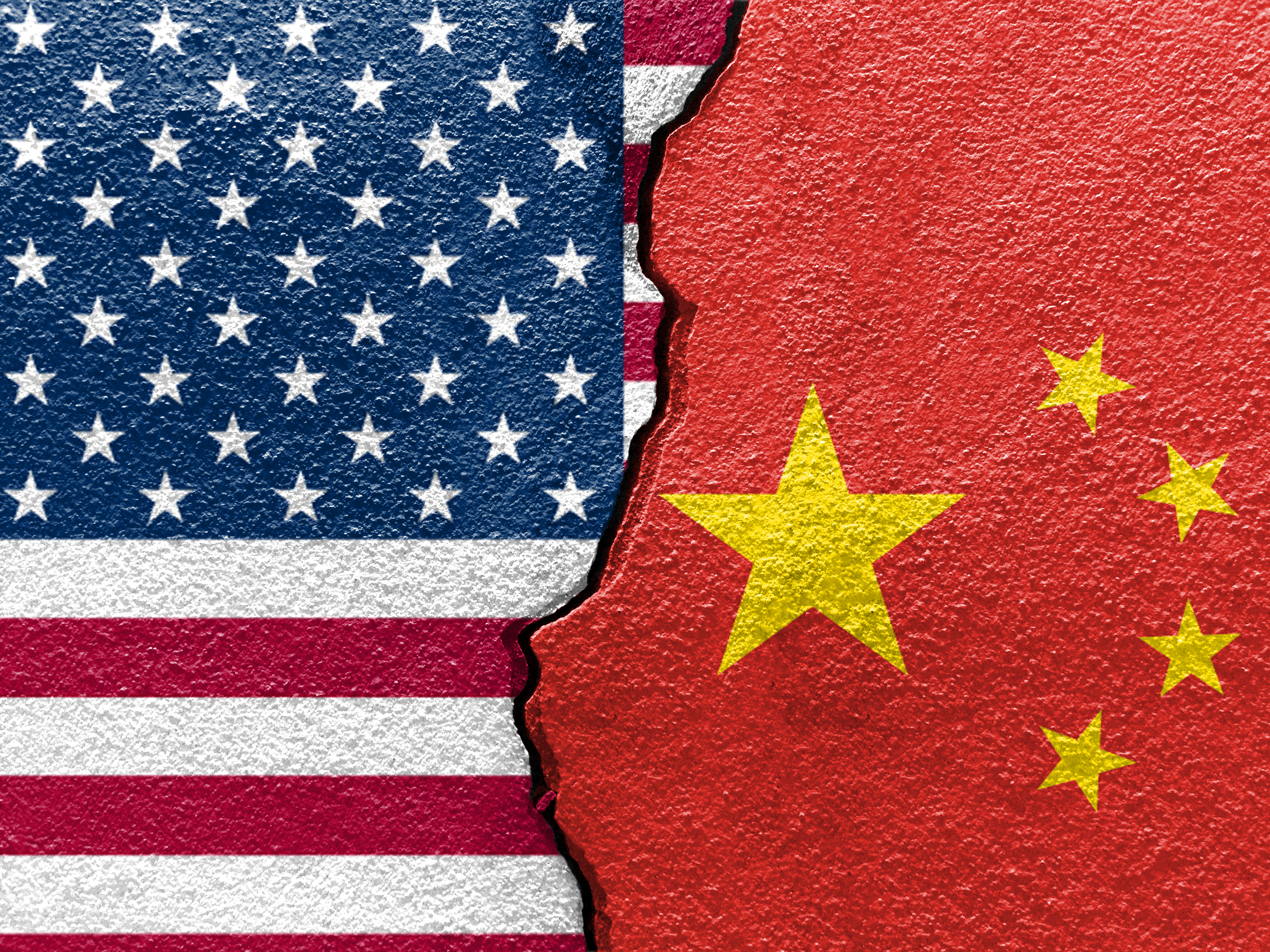|
Getting your Trinity Audio player ready...
|
On Wednesday, Gov. Kay Ivey signed the Property Protection Act into law.
The bill, HB379, will restrict specific entities or “foreign principals” from certain countries from obtaining agricultural property as well as property on or near a military installation or certain infrastructure facility. The foreign countries include China, Iran, North Korea, and Russia.
A foreign principal is defined as the following in the legislation:
- The government or any official of the government of a foreign country of concern.
- A political party or member of a political party or any subdivision of a political party in a foreign country of concern.
- A country or government identified on any sanctions list of the United State Department of the Treasury’s Office of Foreign Assets Control.
The new law went through several amendments and substitutions. The original bill restricted just Chinese residents from obtaining real property in the state which was met by extreme backlash from Alabama’s Chinese community.
Ivey was proud to sign the legislation stating that it will protect Alabama’s land from foreign governments. Ivey did not specify if those governments were good or bad. She issued the following statement after signing the law:
“Across the United States, we have seen alarming instances of foreign entities purchasing large tracts of land, which could have severe consequences for our country’s national defense and economy, if no action is taken. From our forests to our farmland, Alabama is blessed with an abundance of highly valuable natural resources that must be protected. We also have a large military presence, and Alabama will always do our part to put the security of our country and our people first. The simple fact of the matter is that foreign governments have no business owning land in Alabama, and I am proud to sign this bill and ensure that will never be the case going forward.”
Despite the changes to the law, many Chinese-Americans and advocates are still outraged. Linyuan Guo-Brennan, Secretary of the Central Alabama Association of Chinese, stated the law was racist and discriminatory to all countries targeted by the law.
Linyuan also said the bill was indicative of ill-policy making and has negatively affected the Chinese communities view of the policymakers in Alabama.
“The passage of the bill demonstrates that Alabama has not come afar from the 1882 Chinese Exclusion Act,” Linyuan said. “History has shown us that any law specifically targeting countries and their people is unconstitutional and discriminitive. This law is no different, no matter what is the motivation behind it.”
Michael Guo-Brennan, Associate Professor and MPA Program Director at Troy University, echoed his wife’s sentiments and also added that there was still a question of how the law would be enforced.
Michael said the legislation would make it difficult for anyone who may be perceived to look like they’re from those specified countries to not be able to purchase housing.
“I guess anyone who doesn’t look like they belong or has an unusual name should keep their papers with them whenever they might look at purchasing a house.”
The bill will become effective on the first day of the third month following its passage. The legislation was sponsored by Rep. Scott Stadthagen, R-Hartselle.























































